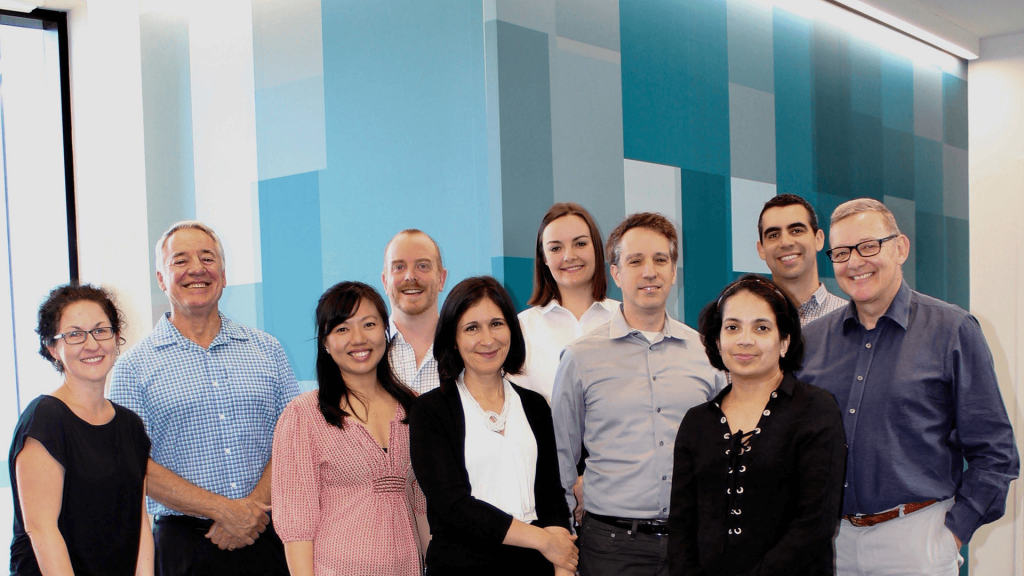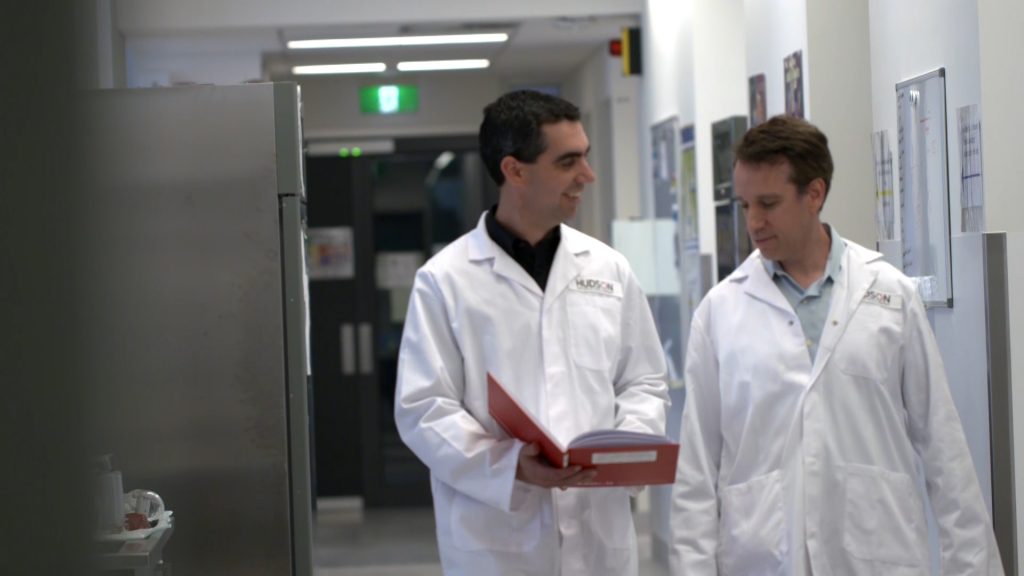Brain cancer and solid tumours, with specific emphasis on Diffuse Intrinsic Pontine Glioma (DIPG), a devastating brain cancer, are the initial focus of an awarded $1.3 million research grant.
The funds granted by the Foundation will be received by a research team based in the Children’s Cancer Foundation Research Laboratory at the Hudson Institute of Medical Research.
Associate Professor Ron Firestein, lead researcher and Head of Hudson Institute’s Centre for Cancer Research, said the research grant will fund a program that is aimed at ensuring children with cancer benefit from major advances already being made in precision medicine for adult cancer.
Scientists at the Hudson Institute of Medical Research will establish a living collection (biobank) of brain tumours and solid cancers – including lab-grown mini-tumours called ‘organoids’.

The biobank will be established using tumour biopsies taken when children are surgically diagnosed at Monash Children’s Hospital and The Royal Children Hospital.
The organoids will be bombarded with almost 1,000 drug compounds, and thousands of genetic targets will be screened. Combining information from each patient’s genetic mutations, their drug sensitivity and resistance and their clinical data will allow clinicians to make treatment decisions specific to each child 4-5 weeks (rather than months) after diagnosis.
It’s like running a clinical trial for each patient. This will revolutionise cancer treatment.
“Every child’s tumour is genetically unique and responds to cancer treatment in different ways. Knowledge of the genetic variability of paediatric tumours is building at a fast pace, and this program is aimed at translating this information into treatment,” said A/Prof. Firestein.
“Current treatment options, such as chemotherapy and radiation, can have devastating long-term health effects for childhood cancer survivors. Our aim is to develop effective, targeted treatment options specific to each child and therefore improve long-term survival.”
Dr Peter Downie, Head of the Monash Children’s Hospital Cancer Centre said the program is key to the development of new ways to treat children with cancer.
“What I’d like to be able to say one day to parents of children diagnosed with cancer, is that personalised treatment will cure their child, with minimal side effects.” Dr Downie said.
“The Children’s Cancer Foundation is proud to fund this innovative program through our research grants. We hope that one day children and adolescents with cancer across Australia will ultimately benefit from this research program,” said Aileen Boyd-Squires, Chief Executive of the Children’s Cancer Foundation (2012-2019).
Donate towards better, kinder and more successful treatments today.
Precision medicine is an emerging approach to disease treatment and prevention that takes into account individual variability in genetic data, and other unique personalised information.
Before precision cancer medicine, patients with a specific type and stage of cancer received a ‘one size fits all’ treatment. However, certain treatments work better for some patients than for others, and some patients require lower dosages of these toxic drugs, meaning less potentially debilitating side effects.
Precision cancer medicine involves testing genetic material from patient’s tumours to identify the mutations or other changes that drive their cancer. Scientists and clinicians then use this information to identify therapies that are targeted for the individual patient and their specific sub-type of cancer.
Precision medicine has the potential to revolutionise healthcare delivery, by improving treatment effectiveness as well as sparing patients the costs and side-effects of therapies from which they would not benefit, based on their individual profile.
This is particularly important for children with cancer who will live with the side effects of their treatment for the rest of their lives.
